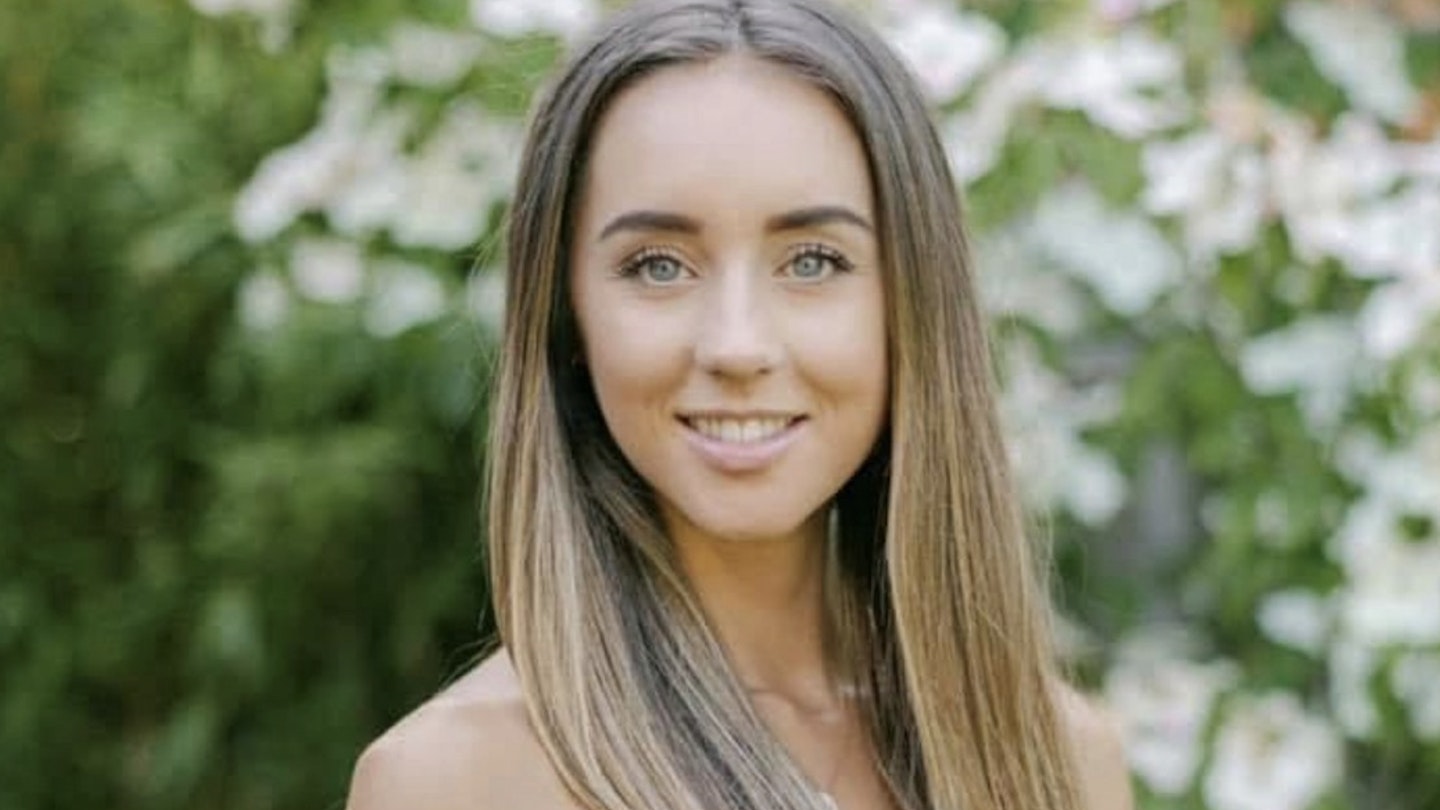After writing my first two books which touched on mental health in young people going through puberty, it felt like a lovely way to continue the series, by focussing more on mental health. My work in the mental health sector with the NHS has also been part of my inspiration, as I have seen first-hand how much mental health can have an impact on people and their families.
I think the first step towards building self-esteem is being positive about yourself in your own mind! That sounds obvious, but self-esteem really comes from within yourself. Whilst others validating or complimenting you can build your self-esteem, how you view yourself is key. That might start from saying positive things about yourself when you look in the mirror or reminding yourself of your strengths when you’ve had a difficult day. I think for children there can also be a pressure to get everything right all the time, or the perception of being “perfect”. In the book I have spoken about how no one is perfect - we all have things are good at and less good at - and it’s about accepting those in ourselves and other people so we can all build self-esteem together!
What advice do I have for parents and carers? For me, the most important thing is talking. Encouraging kids to be open about their thoughts and feelings on a regular basis can help them to be open with you if things become difficult. That could be as simple as chatting about their day over dinner or in the car! I think this is such an important step in terms of normalising speaking about our emotions and seeking help if things get difficult.
Mental health can affect children from a young age, although certain conditions are more common at different ages. I’m always keeping an eye on the kids to try and spot any subtle changes that might mean they need some support, obviously they have day to day challenges like all children, but so far I feel very lucky that they haven’t had any mental health difficulties.
One thing I’m aware of is social media. It’s such a difficult issue that is tricky for both kids and parents to navigate. Even though I was quite young when I became a mum, social media just wasn’t a thing when I was growing up, so I just don’t have the experience to fully understand what kids are going through nowadays, and I’m sure many parents feel the same. The difficult thing as well is that although social media can certainly lead to bullying, poor self-esteem and mental health difficulties, if children aren’t allowed social media, this can also lead to them feeling excluded or being bullied. So although my kids aren’t at the age yet where I have had to think about it, my plan is to try and get a bit of a balance when they are old enough for social media. I think having an eye on how much time they are spending, what they are doing on there, who they are speaking to and trying to ensure it’s not having a negative impact on their mental health. But I am already anticipating that will be easier said than done - it’s certainly a really difficult issue for parents and young people.
For me the most important message is to get children talking about their feelings and emotions. This is just the first step in making us all feel more able to be open about our mental health right through to adulthood. I also say to my kids a lot about how you need to treat others as you want to be treated, and that there is no such thing as normal - we all have our own strengths and our own special journey through life.
Dr Emily MacDonagh is the author of Healthy Mind, Happy You: How To Take Care Of Your Mental Health. Dr Emily is a practising NHS doctor, mother of two and step-mother to teenagers with her husband Peter Andre.
